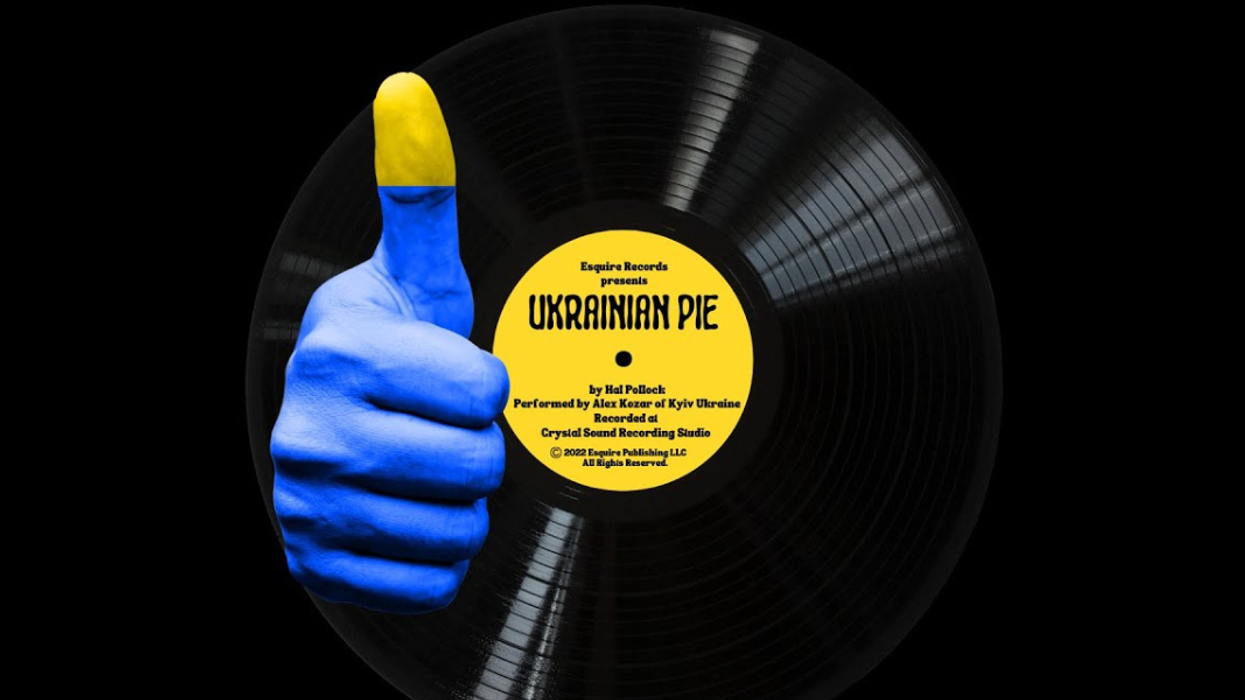Nevins is co-publisher of The Fulcrum and co-founder and board chairman of the Bridge Alliance Education Fund.
Music is an extremely powerful and unifying language that has the ability to speak to everyone across all borders.
I realize that music will not stop the fighting in Ukraine. However, music has proven throughout our history to move people to action.
Music once again is playing its vital role as the Ukrainian war enters its second year. For those who pray, you may pray more. For those who petition others in power, it might lead to a renewal of that effort. Or perhaps giving to a charity, or just being mindful of others around the world.
And so we offer you a song about Ukrainian defenders and the indomitable spirit of the people entitled, "Ukrainian Pie."
This version of the famous American hit, "American Pie" by Don McLean, is deeply influenced by the history of Ukraine's war with Russia. The writer researched various events and wrote the text to convey all the moods of our struggle as much as possible. In the song, President Volodymyr Zelensky is compared to John Wayne, Tom Cruise and Superman. Mayor of Kyiv Vitaliy Klitschko and former Prime Minister of Great Britain Winston Churchill are also mentioned there.
The song is written by Cleveland lawyer Harold Pollock, an entrepreneur, author, and lyricist. Ukrainian Pie has already garnered 1.7 billion views on TikTok and 450,000 views on YouTube. Pollock was looking for a performer for his composition for a long time and decided that it must be a Ukrainian singer. He found the perfect performer while watching the show "Voice of Bulgaria," where the musician from Ukraine Alex Kozar took part. Pollock managed to get in touch with him and they agreed to work together.
"I'm very glad that I had the honor to take part in the work on "Ukrainian Pie... It's not just the longest song I've had to record. This is the story of our struggle, which is recorded in poems and melodies. This is a dedication to the defenders who defend their native land, the strong Ukrainian people and its president, who received the support of the civilized world and turned the course of history," shared the performer of the hit, soloist of the orchestra of the State Emergency Service of Ukraine and finalist of "Voice of Bulgaria" Alex Kozar .
Currently, the song can be purchased in the U.S., with proceeds from the sales being sent to support Ukraine.
Please enjoy the song:




















